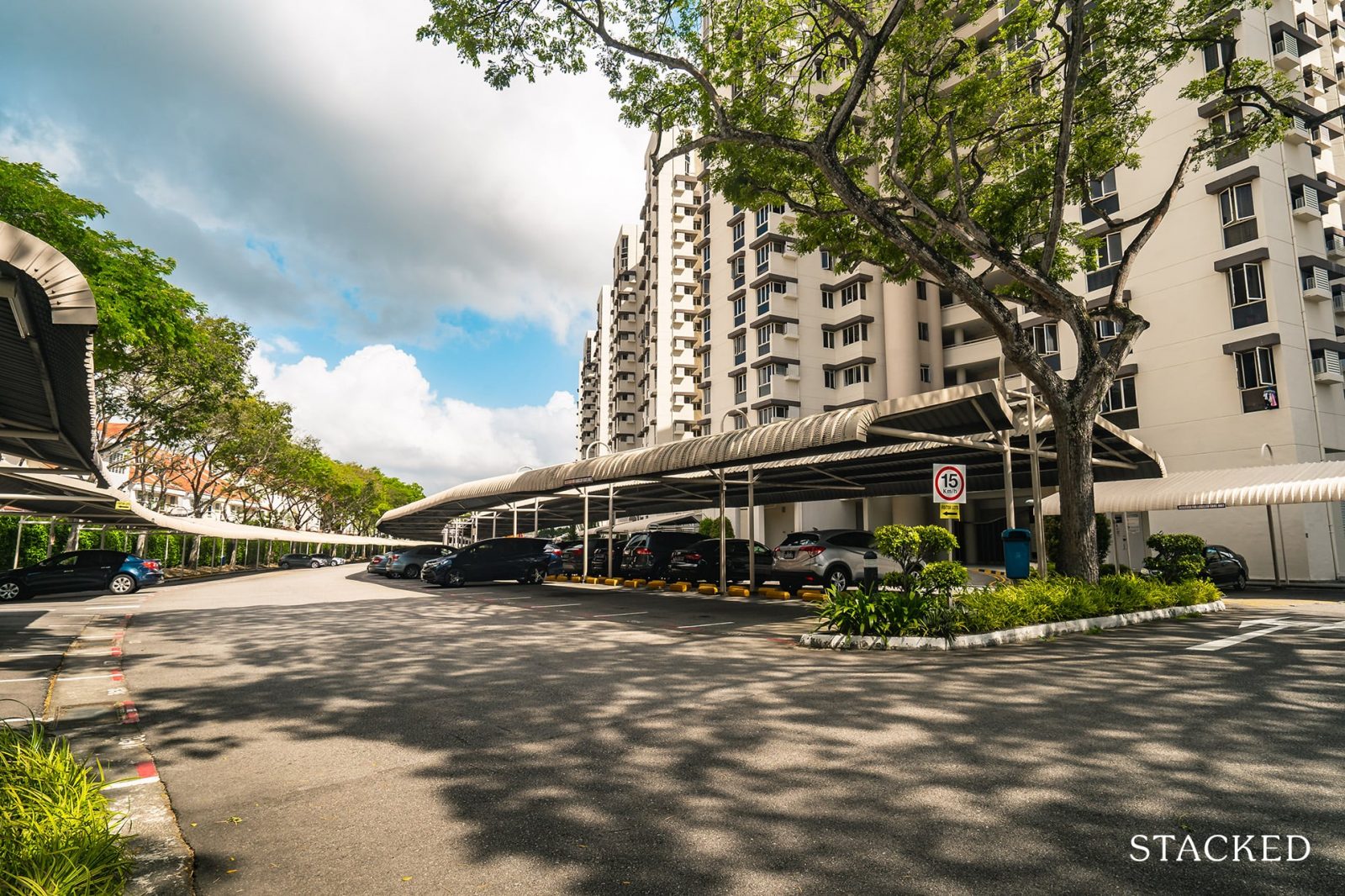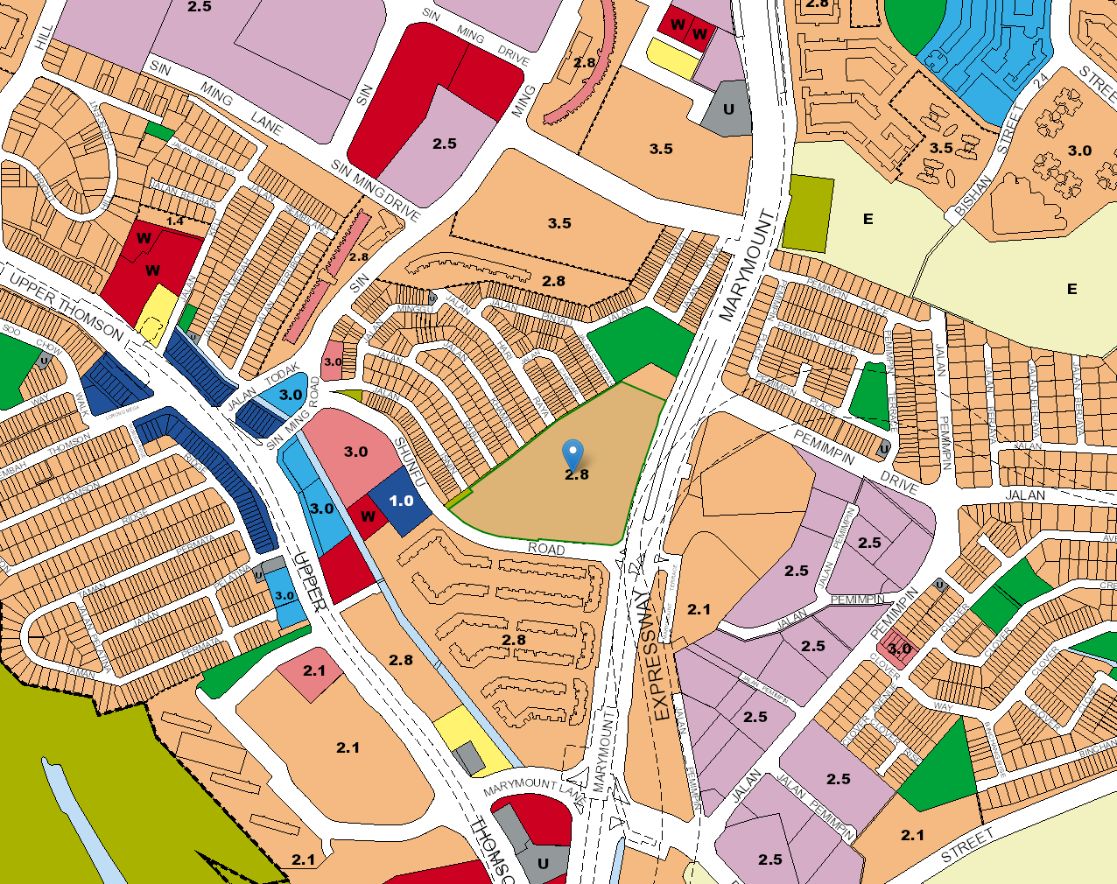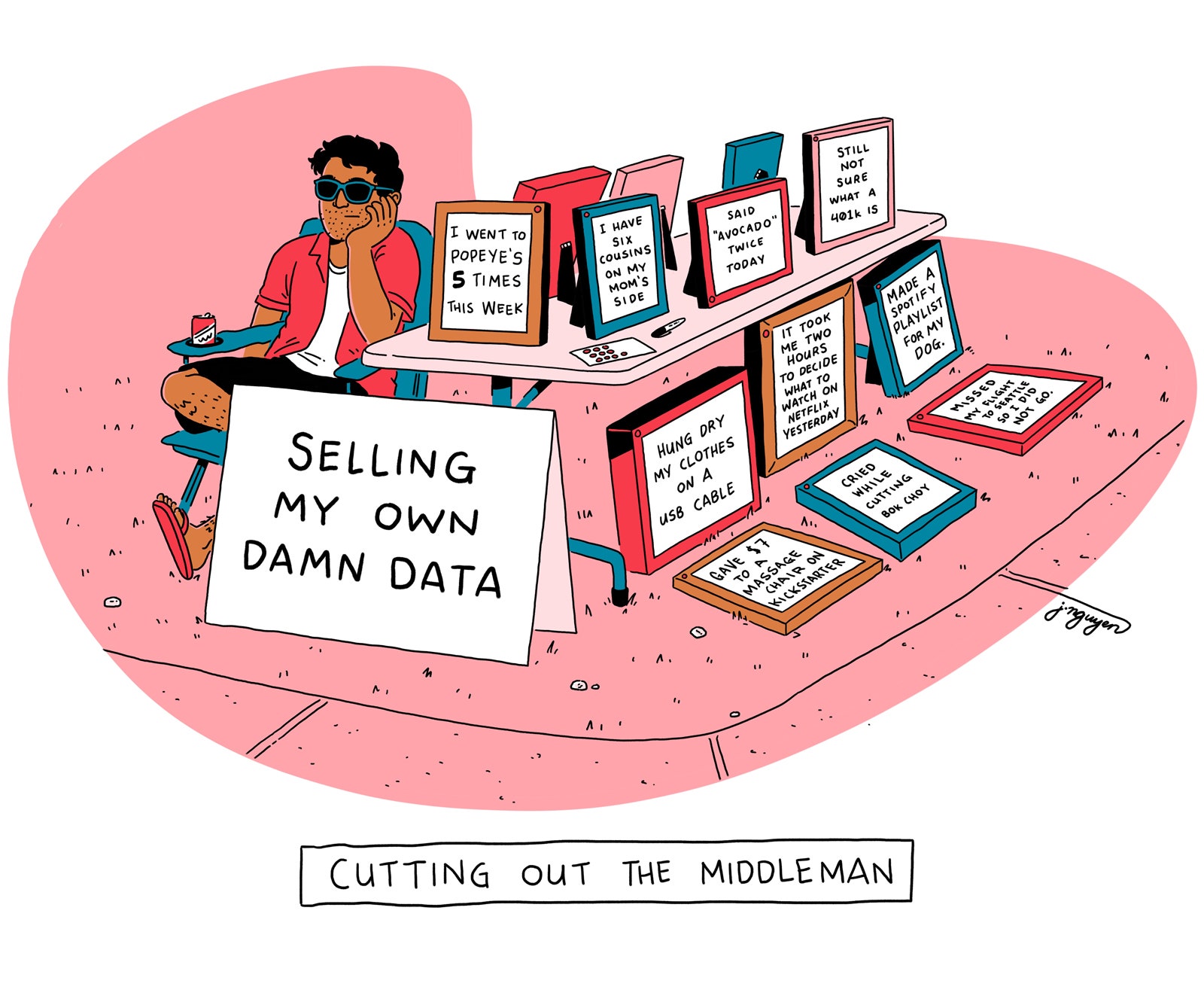So like every other person, you’ve probably dwelled on the thought of doing the real estate transaction yourself – after all, a DIY sale can save you enough to pay for the renovation of your next property.
And can we really blame anyone for thinking that way?
After all, cutting out the middleman has happened in virtually every other industry.

Travel, transport, entertainment… you name it.
It’s the same for real estate – people have been talking about cutting out the property agent for years.
Well, not to sound pompous, but if there were to be anyone best positioned to speak about the merits of DIY or using property agents it would probably be us.
After all, the origins of Stacked was actually to cut the middle man (property agent) out of the equation (read our starting story here).
So today let’s delve into the DIY versus property agent dilemma.
We’re not going to do a “pros and cons” thing, as that often leaves you even more uncertain. Instead, we’re going to start with the scenario you’re in, then delve into smaller details:
So many readers write in because they're unsure what to do next, and don't know who to trust.
If this sounds familiar, we offer structured 1-to-1 consultations where we walk through your finances, goals, and market options objectively.
No obligation. Just clarity.
Learn more here.
When is it better to use a property agent?
- When you’re the sort who can’t take time off work
- When you’re upgrading, and buying your new property before selling the old one
- When you’re dealing with an especially old (30+ years) property
- When you are trying to make an urgent sale
1. When you’re the sort who can’t take time off work
Trying to buy / sell a home, or find a tenant, is practically a full-time job. The odds that you’ll need to take time off work, at some point in the process, approaches 100 per cent.
Someone needs to conduct the viewings if you’re selling or renting, and negotiate with buyers / tenants. Quite often, you’ll have to race down to your property at an odd hour like 3pm or 4pm to do this; so we hope you drive or are ready to become a platinum level Grab user.

If you’re buying a property, you should expect to spend several hours driving around looking at showflats or inspect resale units. You’re also not spared from having to negotiate with sellers.
All of this doesn’t take into account the time needed to stage the property, handle all the paperwork, communicate with your law firm, or vet tenants if you’re renting the unit.
So if you’re the sort who can’t take time off work, a DIY transaction is really not a good idea.
2. When you’re upgrading, and buying your new property before selling the old one
This is a highly involved process that can end up costing you a lot of money, if you make a misstep.
For example, say you upgrade by buying a condo, before selling your flat. This removes the need for temporary accommodation.
However, it will also mean you need to pay the Additional Buyers Stamp Duty (ABSD) within two weeks of completing the transaction (12 per cent for citizens, 15 per cent for Permanent Residents).
If you’re eligible for ABSD remission, you can get it by selling your previous property within six months of purchasing the condo. Fail to do so, and you’ll end up paying the ABSD despite owning only one property.
You also need to watch for pit traps like prepayment penalties from the bank. If you attempt to pay off the remaining mortgage while selling your previous property, you could end up paying 1.5 per cent of the undisbursed loan amount; that’s if you’re within the lock-in period.
And these two costs are just scratching the tip of a very large iceberg.
So if you really want to skip the property agent, it’s probably better to sell your existing property first, and then buy a new one. But given the amount you’d spend on temporary accommodation, you should consider if just paying the agent’s commission would be cheaper.
3. When you’re dealing with an especially old (30+ years) property

Whether you’re buying or selling, it’s a good idea to get an agent’s help here. Older properties are more likely to have maintenance issues; unless you have some background as a contractor or engineer, an experienced property agent has much better odds of spotting these.
If you’re selling the property, it can be difficult to move such an older unit. Buyers will lowball you (especially if it’s a leasehold property), and you need to consider that bank financing is reduced for properties of a certain age. For example, there are no bank loans for properties with only 30 years left on the lease.
Now there are still buyers for these older properties – but it’s highly unlikely that you’ll find them through regular listing methods. Some property agents, however, have a whole list of investors who hunt for older units.
4. When you are trying to make an urgent sale
Do you need to sell the property right now, for urgent reasons like your ABSD deadline, or the risk of foreclosure? If so, get a property agent straight away. Good property agents will dedicate a good budget for marketing spend and a lot of contacts; and their commission is probably a small amount compared to what you could potentially lose.
Bear in mind though, that some property agents may ask for a larger commission; urgent sales mean they have to drop everything and give you priority.
When might you skip the property agent?
- When you’re not in any hurry
- When the property is a resale flat
- When you want to maximise your gains as a seller / landlord
- When you’re a sales professional
1. When you’re not in any hurry
If you have a reasonably long-time frame in which to sell or rent a property (e.g. more than six months), then you can consider a DIY transaction. This will give you more time to market the property, negotiate with various buyers / tenants, and hold out for better offers.
In an absolute worst-case scenario, if you still can’t sell the property after several months, there’s still time to get a property agent to take over. Bear in mind, having a property sit on the market for too long is never a good thing either – buyers might think there is something wrong with the property.
2. When the property is a resale flat

DIY transactions for resale flats are well supported by HDB. The HDB Resale Portal is specifically intended for this purpose; and you can check the HDB website for published details on flat prices (making it easy to know how much to set your price at).
HDB also has dedicated staff to help with your various questions and the paperwork; it’s hard to make a mistake as you’re well guided through each step.
Note, however, that you won’t be spared the investment of time. You still need to handle viewings, negotiate directly with the other parties, etc.
3. When you want to maximise your gains as a seller / landlord
We don’t need to explain this one right? Saving on two per cent of your property price (on average) is a hefty chunk of change. If you’re a landlord, your rental gains will be higher if you’re not always paying an agent to find a new tenant, or whenever the lease is renewed.
For buyers though, note that it’s usually the seller who pays your agent’s commission. For example, if the commission is two per cent for the seller’s agent, and you have a buyer’s agent, then both agents will get one per cent (you don’t pay anything, the seller does).
(This isn’t set in stone, even though it’s the norm).
4. When you’re a sales professional
If your actual profession is sales, then you could probably handle negotiations on your own. Your only drawbacks will be having less information on pricing, and being unfamiliar with the paperwork.
Nonetheless, you already have the most important skillset involved: getting the price you want.
Of course, this does still mean you must have the time required to negotiate, handle viewings, etc. So make sure it doesn’t come at the expense of a more valuable deal you could be closing elsewhere.
Other key things to note, before deciding whether to use a property agent
- The property agents have better data than a layperson
- Be sure you understand stamp duties
- If you go without an agent, make full use of other parties on your side
1. The property agents have better data than a layperson

The only real estate data source available to most laypeople are (1) the URA Master Plan, and (2) the caveats lodged with the Urban Redevelopment Authority (URA). We’ll get into detail on how to use these in future articles, so do like us on Facebook for updates.
While that might be enough for very surface research, if you really want to go deeper you’ll have to pay for the different tools.
(Karma warning: if you waste another seller or landlord’s time by pretending to be interested, and make them do viewings, etc., the same might happen to you. Please be nice!)
2. Be sure you understand stamp duties
Make sure you have a clear understanding of the Additional Buyers Stamp Duty (ABSD), and the Sellers Stamp Duty (SSD). These are significant taxes that can demolish your property returns.
With regard to ABSD, your nationality matters. For example, US Nationals pay the same taxes as Singapore Citizens. Also, you cannot get ABSD remission unless you’re married, and one of you is a Singapore Citizen.
If you have any questions about these, feel free to ask us on Facebook.
3. If you go without an agent, make full use of other parties on your side
You still have your law firm, and your mortgage broker (if you don’t have a mortgage broker, then again, please contact us so we can help you). While they can’t help you with the viewings, negotiations, etc., they can answer your questions about financing, stamp duties, and most of the paperwork.
If you don’t have a property agent, then don’t forget you can turn to them for help.
And if you’re on the lookout for a new property right now, check out our in-depth reviews before buying. We provide news and insights on Singapore properties, so you can make informed decisions.
*Cover image source
At Stacked, we like to look beyond the headlines and surface-level numbers, and focus on how things play out in the real world.
If you’d like to discuss how this applies to your own circumstances, you can reach out for a one-to-one consultation here.
And if you simply have a question or want to share a thought, feel free to write to us at stories@stackedhomes.com — we read every message.
Ryan J. Ong
A seasoned content strategist with over 17 years in the real estate and financial journalism sectors, Ryan has built a reputation for transforming complex industry jargon into accessible knowledge. With a track record of writing and editing for leading financial platforms and publications, Ryan's expertise has been recognised across various media outlets. His role as a former content editor for 99.co and a co-host for CNA 938's Open House programme underscores his commitment to providing valuable insights into the property market.Need help with a property decision?
Speak to our team →Read next from Property Advice

Property Advice We Sold Our EC And Have $2.6M For Our Next Home: Should We Buy A New Condo Or Resale?

Property Advice We Can Buy Two HDBs Today — Is Waiting For An EC A Mistake?

Property Advice I’m 55, Have No Income, And Own A Fully Paid HDB Flat—Can I Still Buy Another One Before Selling?

Property Advice We’re Upgrading From A 5-Room HDB On A Single Income At 43 — Which Condo Is Safer?
Latest Posts

Singapore Property News I’m Retired And Own A Freehold Condo — Should I Downgrade To An HDB Flat?

New Launch Condo Reviews What $1.8M Buys You In Phuket Today — Inside A New Beachfront Development

Overseas Property Investing This Singaporean Has Been Building Property In Japan Since 2015 — Here’s What He Says Investors Should Know





































0 Comments